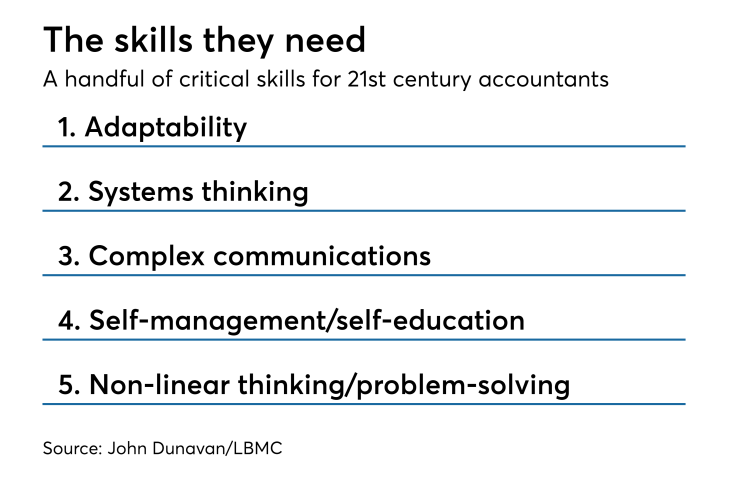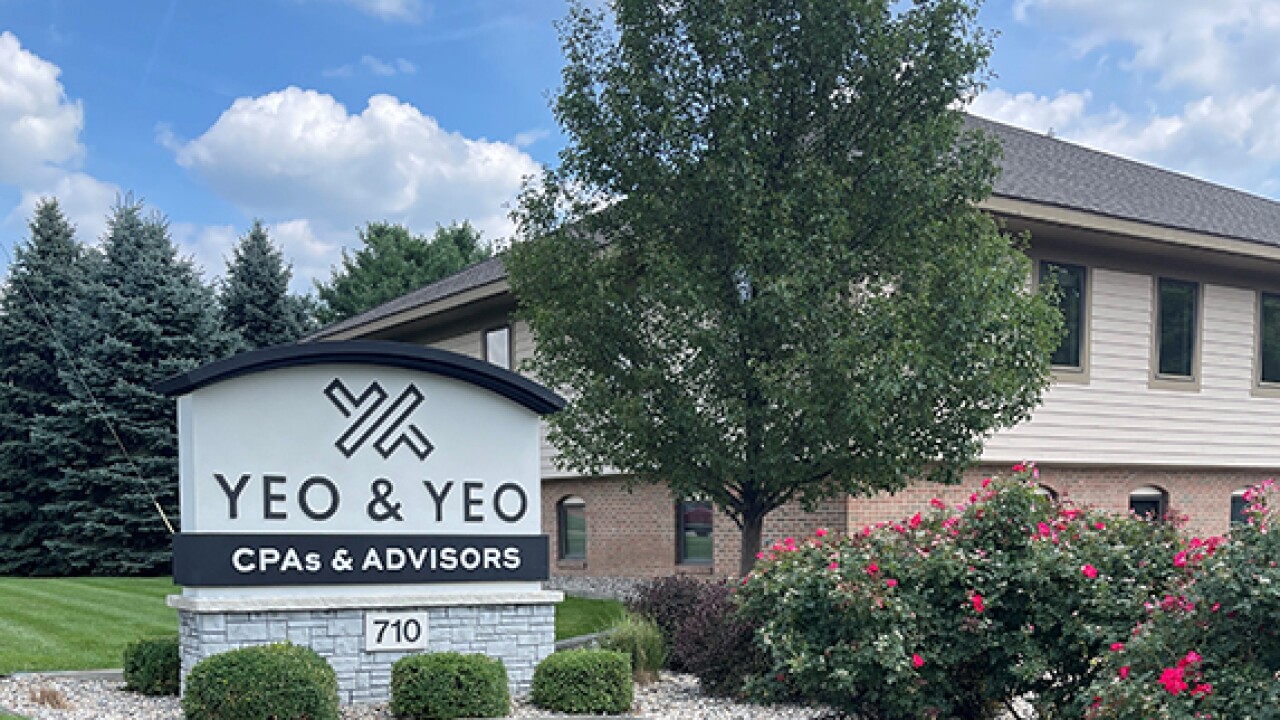If you’re not growing (minds), you’re dying. Gone are the days when the learning & development effort was simply dedicated to “check the box” training requirements. L&D is now a strategic initiative being driven by the demands of a multigenerational workforce, a changing economy, the buyers’ journey and enhanced technology. Today, L&D is everyone’s job – but it requires coordination by a dedicated team to enable intentionality, replicability and driving predictable results.
Give the people what they want. The growing millennial employee base is now demanding evidence of personal and professional development opportunities before accepting/retaining positions. The L&D effort is no longer a stand-alone activity. It is a collaborative effort with the marketing and human resources teams to align evocative brand messages and engaging behaviors, with risk mitigation toward defined business objectives, enabled by core competencies. The outcome is employee as brand ambassador – people who consistently use brand-positive behaviors to articulate value, and identify and solve customer problems. Easy, right?
As Deloitte CEO Cathy Engelbert noted in a recent Accounting Today article, new tools require new ways of working for accounting professionals as they take on expanded roles: “Human capabilities such as judgment, insight, skepticism, courage and integrity will become more important than ever—and the profession will have to continuously cultivate these skills to keep pace with our clients and technological disruption, and continue to protect and create value for our capital markets.”
In 2019, you will see this vision begin to drive firm leaders to think about learning as a strategy. Leaders need to transform their teams’ performance from routine expertise (simply knowing the rules) to adaptive expertise (recognizing when, where and how to use select knowledge, intuitively seeing the patterns in the data and recognizing a solution).
In the past, strategic thinking was reserved for top-level executives. Only they had the benefit of decades of experience built upon thousands of hours of data collection and analysis across diverse projects. Today, however, emerging technologies put data collection and basic analysis at our fingertips, driving employees at all levels into positions requiring sophisticated data-analysis and interpretation. Now, we must develop strategic thinkers at an earlier stage.
It’s an enterprise challenge – for everyone. Very few of the educational experiences used to prepare our new and emerging talent for the workplace have kept up with the needs of the market. Most CPA firms are filled with employees and leaders educated in 20th century environments – think traditional “I teach, you listen” classroom models. But we ask them to perform in a 21st century environment – a world of rapid change and novel situations that require highly flexible problem-solving skills. As you walk the halls in your firm you’ve likely heard, “Forget what they told you in school; here’s how we do the job” Cue the start of inefficient, but widely-used, “on-the-job” development.
To be successful in a 21st century market, accounting firms must become 21st century learning organizations – teaching and learning with 21st century tools and techniques.
To be successful in virtually any 21st century business, there are five core competencies that need to be mastered. Chances are you’re already doing many of them. To help your organization be successful, you need to ensure they’re being consistently developed and practiced by your teams.
1. Adaptability
CPAs need two different levels of expertise. The first is routine expertise, which is the foundational knowledge they teach in college – think of the bedrock rules and regulations CPAs need for the job. The second level is adaptive expertise, which is the ability to rapidly and flexibly apply routine knowledge to novel circumstances – think critical-thinking, decision-making, and intuitive problem-solving. Technology does routine expertise perfectly. But adaptability is nearly impossible for computers.
In constantly changing environments, adaptability is an essential workplace competency. Firms that fail to help their employees transition from routine to adaptive expertise put themselves at risk of becoming obsolete.
At LBMC, we foster the development of adaptability by using problem-based learning methodologies in our coaching, classroom, and vendor-based development activities. We use real-life scenarios to explore the thought- and decision-making processes of experienced and effective professionals.
2. Systems thinking
Systems thinking requires maintaining a big-picture perspective, and a holistic approach to analyzing how parts relate and work together in the context of the larger system.
To help our employees practice systems thinking, we’ve created LBMC University – a virtual university residing safely within our Intranet. LBMC U features departments that utilize a granular approach to describe business processes, and the roles and responsibilities involved.
For example, we’ve developed interactive workflows – demonstrating how an engagement letter turns into a tax return or an audit report. These interactive workflows use pictures and text to enable people – whether learning or working independently or as a group – to walk through project phases step by step while demonstrating the interrelationships across the system.
3. Complex communication
Less is always more. The 21st century workplace is filled with expanding capabilities and a matching vocabulary. But the basic concepts remain – buy low/sell high, save time/money/effort, improve quality of customer/employee life. Complex communication skills involve breaking down complicated systems and processes into simple terms. Think of that gifted individual who can create simple, elegant PowerPoint presentations that describe an entire business model, in three brief statements, across two slides.
It’s a vital skill for any leader. To introduce this concept at LBMC, we work with leaders and teams to shape their style of communication. To facilitate practice, we select and partner with a range of vendors to support our individual and group development activities. We demonstrate these skills through monthly (we call it L&D Day) firm-wide skill-building events and activities featuring a variety of topics, such as TED Talks, instruction on how to write an effective blog, presentation tips, customer relationship management, business communications, and lunch & learns with business leaders in the communities we serve.

4. Self-management/self-education
Self-management and self-education are foundational human competencies. Our virtual university model was designed with the assumption that our audience comes to us with a wide variety of foundational experience. Like a real-world university, we’ve integrated discussion boards for threaded, topical conversations. It’s an on-demand, one-stop shop for knowledge and experience that helps our team practice self-education and solving problems on their own.
5. Non-linear thinking/problem-solving
Anyone can find a problem, but organizations want people who can solve problems, too.
Team members who are non-linear thinkers and problem-solvers have a unique and valuable perspective. They know the right tools to use at the right time, by asking the right questions, to proactively work with customers by recognizing and communicating solutions. They are the trusted advisors rather than the reliable order-takers. Successful firms teach their staff to become strategic advisors who know where the data comes from and where it can take them.
If you’re not focusing on these competencies now, you’re not future-ready.





